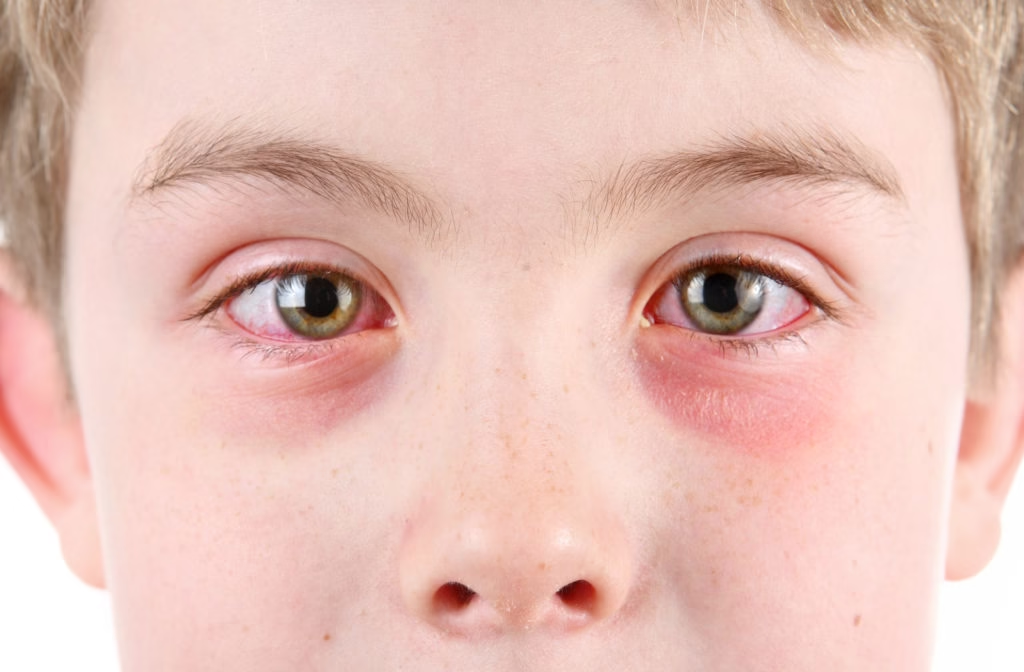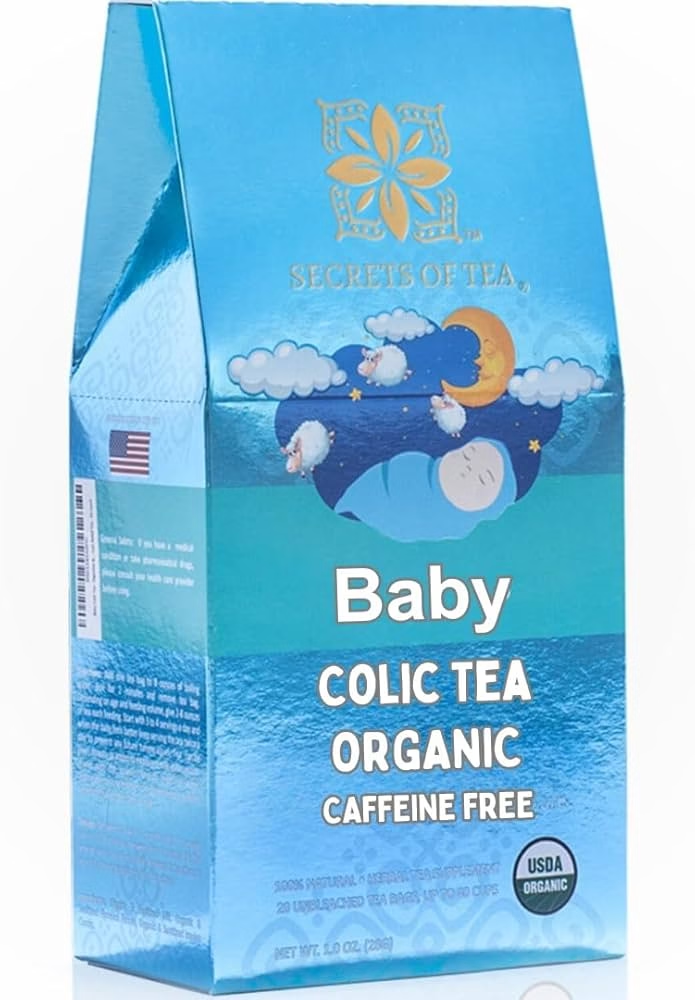Can Sinus Infection Cause Fever in Toddler: Know the Signs
Yes, a sinus infection can cause fever in toddlers, including low-grade or high-grade fevers. A sinus infection often presents with symptoms beyond nasal congestion.
Understanding the health concerns for your little ones is crucial, especially when it comes to common yet potentially troublesome issues like sinus infections in toddlers. These infections can not only disrupt their comfort but also bring about a fever, signaling the body’s attempt to fight the infection.
A toddler’s developing sinuses make them prone to such infections, which could arise following a cold or due to allergies. Recognizing a fever alongside symptoms like thick nasal discharge and a lingering cough is essential for timely intervention and treatment. While colds are common, a persistent fever might indicate a bacterial sinus infection, which can require medical attention and possibly antibiotics to ensure a swift recovery. As a parent or caregiver, keeping a close eye on these signs is vital for maintaining your toddler’s health and well-being.
Sinus Infection And Fever In Toddlers
Sinus infections can lead to fevers in toddlers. These infections block sinuses, causing fluid build-up. Bacteria grow in the fluid, sparking a fever response.
Symptoms to watch for include:
- Thick nasal discharge, often colored
- Nasal congestion causing trouble breathing through the nose
- Facial pain or pressure
- A cough that worsens at night
Identifying Sinus Infection Symptoms
Parents often struggle to tell the difference between a cold and a sinus infection in toddlers. Sinus infections, or sinusitis, can indeed trigger a fever in young children. One clear sign is thick, colored nasal discharge, lasting more than a few days. This symptom, along with post-nasal drip, might come with coughing and a sore throat.
Toddlers with sinusitis might show bad breath or nausea. This happens due to the drip going down the throat. It’s important to note that a cold might improve, but a sinus infection often lingers or gets worse, potentially leading to a prolonged fever. Parents can look for symptoms like these to distinguish between the two conditions.
When To Worry: Fever As A Red Flag
A fever in toddlers can be a sign of a sinus infection. A persistent fever, especially a high-grade one, requires attention. Sinus infections may lead to a continuous fever even if a cold seems to have improved. Parents need to identify ongoing fever as a possible red flag.
Noting the fever’s pattern is key. A fever that occurs after cold symptoms seem to get better can indicate a secondary bacterial infection. It’s different from the initial fever that comes with a common cold.
Additional Signs Of Pediatric Sinusitis
Bad breath and loss of smell often torment children with sinus issues. Youngsters may not enjoy their food, as flavors seem dull. Parents notice these changes with concern.
Nausea and poor appetite are frequent as well. These symptoms reveal the uncomfortable link between sinus problems and the digestive system. Kids feeling unwell might refuse meals or even their favorite snacks.
The Role Of Antibiotics In Treating Sinus Infections
Doctors prescribe antibiotics for bacterial sinus infections.
Toddlers with bacterial infections might need these medicines.
Antibiotics should not be overused.
Overuse can lead to antibiotic resistance.
Some sinus infections are caused by viruses.
Antibiotics are not effective against viruses.
It is crucial to diagnose the cause of sinus infection.
Doctors may suggest other treatments for viral infections.
Treatments like saline nasal washes can be beneficial.
Honey and lemon tea might help soothe a toddler’s throat.
These alternatives can also reduce the use of antibiotics.
Home Care Strategies For Managing Symptoms
Managing a toddler’s sinusitis symptoms at home can be simple. Use warm compresses to ease pain. Place them gently on your child’s face. Provide plenty of fluids to keep mucous thin.
Use a cool mist humidifier in their room at night. Saline nasal drops help clear congested sinuses. Gently insert them into your toddler’s nose.
Elevate their head while resting to ease post-nasal drip. Encourage rest to help their body fight infection.
Consult a pediatrician if fever persists or symptoms worsen. They can guide on appropriate medication use.
Knowing When To Seek Medical Attention
Parents should observe their toddler closely if they suspect a sinus infection. Certain warning signs need prompt medical attention, especially in young children. A fever that remains constant or rises, eye pain, changes in vision, or a severe headache are critical symptoms.
A sudden and serious change in eyesight could suggest complications from a sinus infection. Prolonged and intense headaches, distinct from typical ones, also warrant a quick visit to a healthcare provider.
Keep a lookout for these alarming symptoms as they may indicate the need for immediate care:
- Persistent fever over 102°F (38.9°C)
- Swelling or redness around eyes
- Difficulty in vision or eye movement
- Bulging of the eye or a fixed gaze
- Severe pain in forehead or cheek area
Frequently Asked Questions On Can Sinus Infection Cause Fever In Toddler
How Do I Know If My Toddler Has A Sinus Infection?
Recognize a sinus infection in your toddler by persistently thick, yellow-green nasal discharge, accompanied by a fever and cough.
Do Toddlers Need Antibiotics For Sinus Infection?
Toddlers may not always need antibiotics for a sinus infection; many are viral and resolve without them. A doctor should assess persistent or severe symptoms for possible bacterial infection.
Can A Sinus Infection Turn Into A Fever?
Yes, a sinus infection can lead to a fever as the body fights off the infection.
Conclusion
As parents, it’s crucial to monitor your toddler’s health closely. A fever can indeed signal a sinus infection, even in young children. It’s essential to consult with a pediatrician if you notice persistent symptoms along with elevated temperature. Early detection and treatment can help your toddler bounce back quickly and prevent further complications.
Remember, a little attention goes a long way in safeguarding your child’s health against sinus-related fevers.




